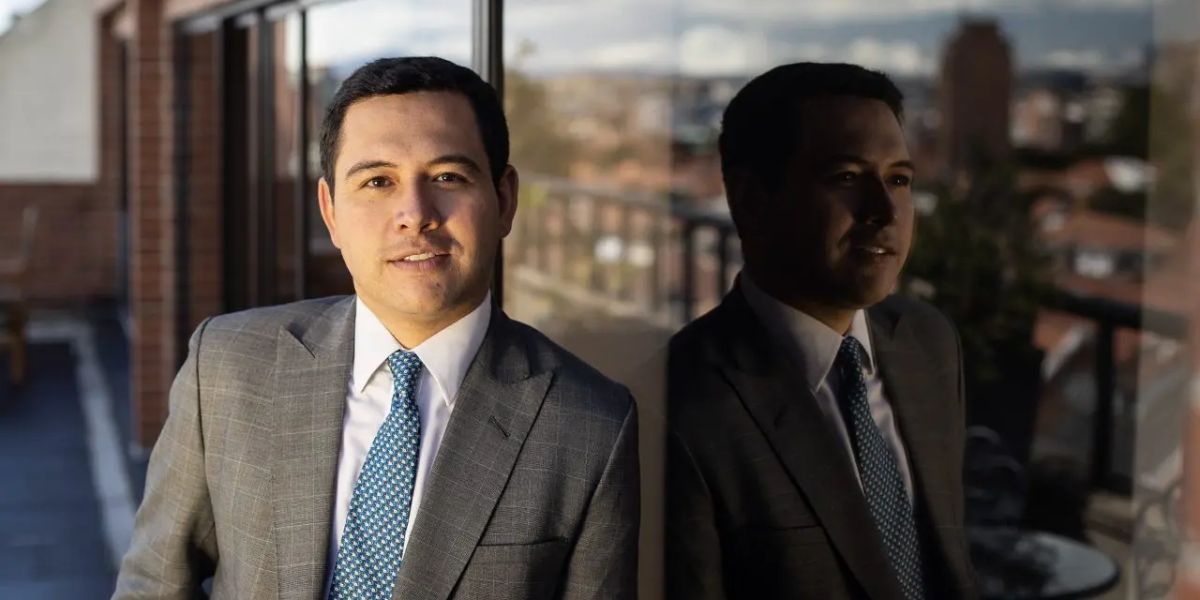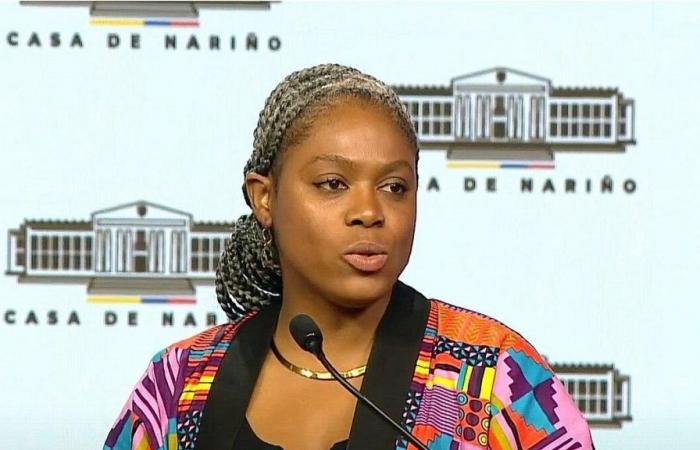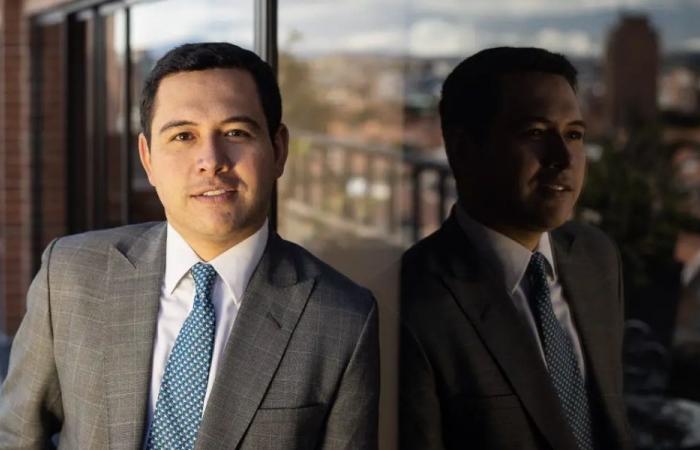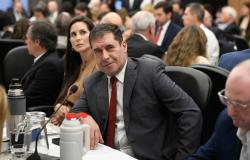ANDThis Wednesday, once again, the draft statutory law that seeks to guarantee the fundamental right to education was not debated, which, just one day before the end of the legislature, means the death of this initiative as it passes through Congress due to the clear lack of time to pass its last debate and subsequent conciliation.
According to the criteria of
Definitely, It is a hard blow for the Government, but particularly for the Ministry of Education and its head, Minister Aurora Vergara Figueroa, that in the last six months he had to face all kinds of storms.
And in addition to what happened with the statute, Vergara was the protagonist in the entire controversy surrounding the appointment of rector of the National University, but also in the crisis that was unleashed after the implementation of the new health model of the teachers.
“This was a very difficult first half of the year for the portfolio, where what was most at stake was the ability to negotiate and generate agreements in the sector. Not only because of the episode of recent weeks in Congress, where the lack of agreements condemned the statutory authority, but also when it came to agreeing on the election of the rector of the National and the Fecode strike,” says educational analyst Ricardo Rodriguez.
And adds: “All this is not only a bad precedent for the Government and the Ministry of Education. It is also true for a sector like education, where it is clear that there is a consensus that it needs to be reformed at all levels. (and the statutory one was a good start). This inability to generate consensus with political sectors but also with agents in the sector such as professors, students, university rectors among others, even with the conciliatory attitude of the minister, is worrying for carrying out any reform, especially the most complex ones such as the to higher education, Icetex or the General Participation System.”
And just between March and so far in June, the portfolio headed by Vergara passed its most difficult tests, all marked with a political tinge, and, according to analysts consulted by EL TIEMPO, in each of them there was more than The Executive lost, rather than what it won.
A few months full of tensions and consequences
What happened this week with the statutory bill buried the first of a series of legislative initiatives that the Government seeks to promote within the framework of the education reform.
And that was the case until two weeks ago, when an agreement with the opposition unleashed a protest by Fecode, the teachers’ union, which now continues to demonstrate and cease activities. Finally, three different presentations ended up being presented, all very different in their content and with irreconcilable points for the other party.
Teachers and members of Fecode march this June 19.
Photo:X: @BogotaTransito
“This was supposedly the easiest project, the one that had managed to reach consensus in Congress in its first three debates. But the agreements were broken, either due to pressure from the opposition or from more radical pro-government sectors. It doesn’t matter how it was. What matters is that the country is left without a standard that opened the door to more significant transformations for the educational system in terms of access, equity, permanence, relevance and quality.”explained the doctor in new pedagogies Marcela Robledo.
According to the expert, the debate on a fundamental right was allowed to be permeated by ideological discussions, which sets a bad precedent for future reforms: “Getting involved in a discussion between the public and the private, in a system recognized as mixed by the constitution, or whether to do the teaching evaluation in a certain way or insist on a model of university government, when all that could be resolved in a subsequent ordinary law, What it did was deprive us of very necessary things that the initiative did have, such as making secondary education mandatory (10th and 11th grades) in a country where there are regions where boys finish their education in ninth grade.”
The question now is how the Ministry of Education is going to carry out its other reforms. This is what political scientist Alberto Castilla points out: “How does the Government intend to carry out, for example, a reform to Law 30 of 1992 to save the finances of public universities and completely modify higher education if they were not even able to reach an agreement? on what the right to education should be like.”
But this was only the latest in a series of episodes that in recent months put the management of Mineducación in suspense. Since last March, Minister Vergara’s refusal to sign the appointment of José Ismael Peña as rector of the National University triggered an institutional crisis and an unprecedented legal battle in the most important public higher education institution in the country.
Now, with Peña out of office, and with the appointment of Leopoldo Múnera in his place (who was openly supported by President Gustavo Petro), the division in the sector intensified, and according to experts, university autonomy was called into question. Meanwhile, the dispute does not end, and now the Council of State has in its hands the decision on the legality of both possessions.
For analyst Francisco Cajiao, “In all this there is an enormous responsibility of the Ministry of Education, which due to its ambiguities and its clear interference in university autonomy, It put this university in an unprecedented crisis, when everything could have been solved either by signing the original decision of the Higher University Council, or by suing it if there were doubts. But neither one nor the other was done, and instead the Government decided to ignore the statutes and justice.”

Jhon Mauricio Marín, former president of Fiduprevisora.
Photo:Private file
As if that were not enough, the Ministry was also involved in the crisis of the new teacher health model. Minister Vergara, as president of the Board of Directors of the Social Benefits Fund for Teachers (Fomag), was one of those in charge of structuring and implementing the change in the provision of health services for more than 800,000 members.
The problems of dispensing medicines, continuity of essential medical treatments, cancellations of surgeries, and others occupied the headlines of all the media. lThe crisis affected the until now solid relations between the Government and Fecode, and cost Mauricio Marín, now former president of Fiduprevisora, the entity in charge of managing the fund’s resources, his position.
Candidate to leave in the cabinet change?
All these controversies and setbacks put on the table the continuity of Aurora Vergara at the head of the educational portfolio, as Castilla explains. And in recent days, President Gustavo Petro announced that in the coming days he would be announcing changes in his cabinet.
“It would not be strange that, given everything that happened with the education sector, and the role that Minister Vergara played, that she would be one of the people who would leave office,” said the expert.
MATEO CHACÓN ORDUZ
Education Editorial








